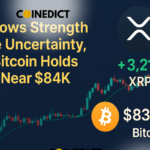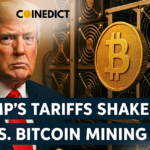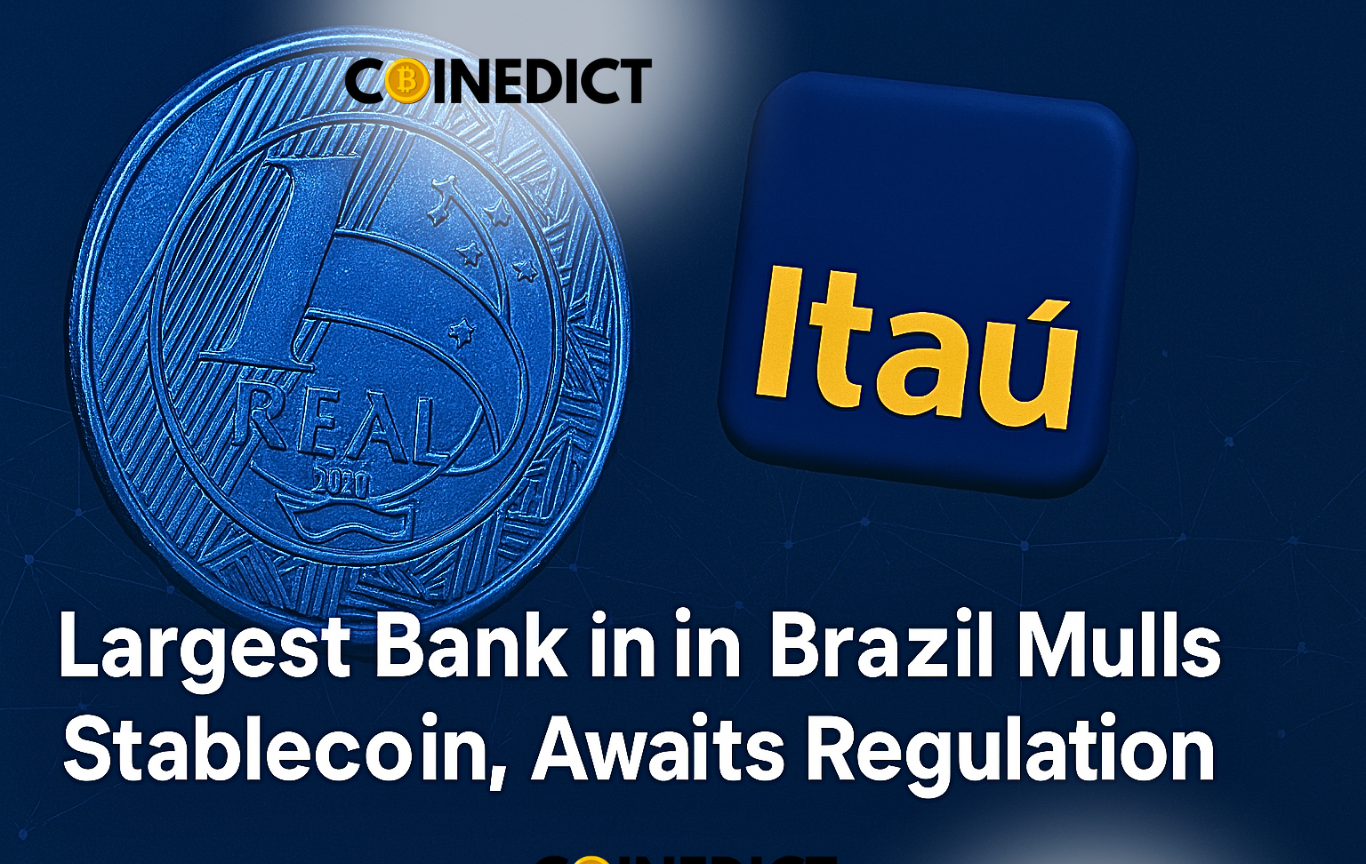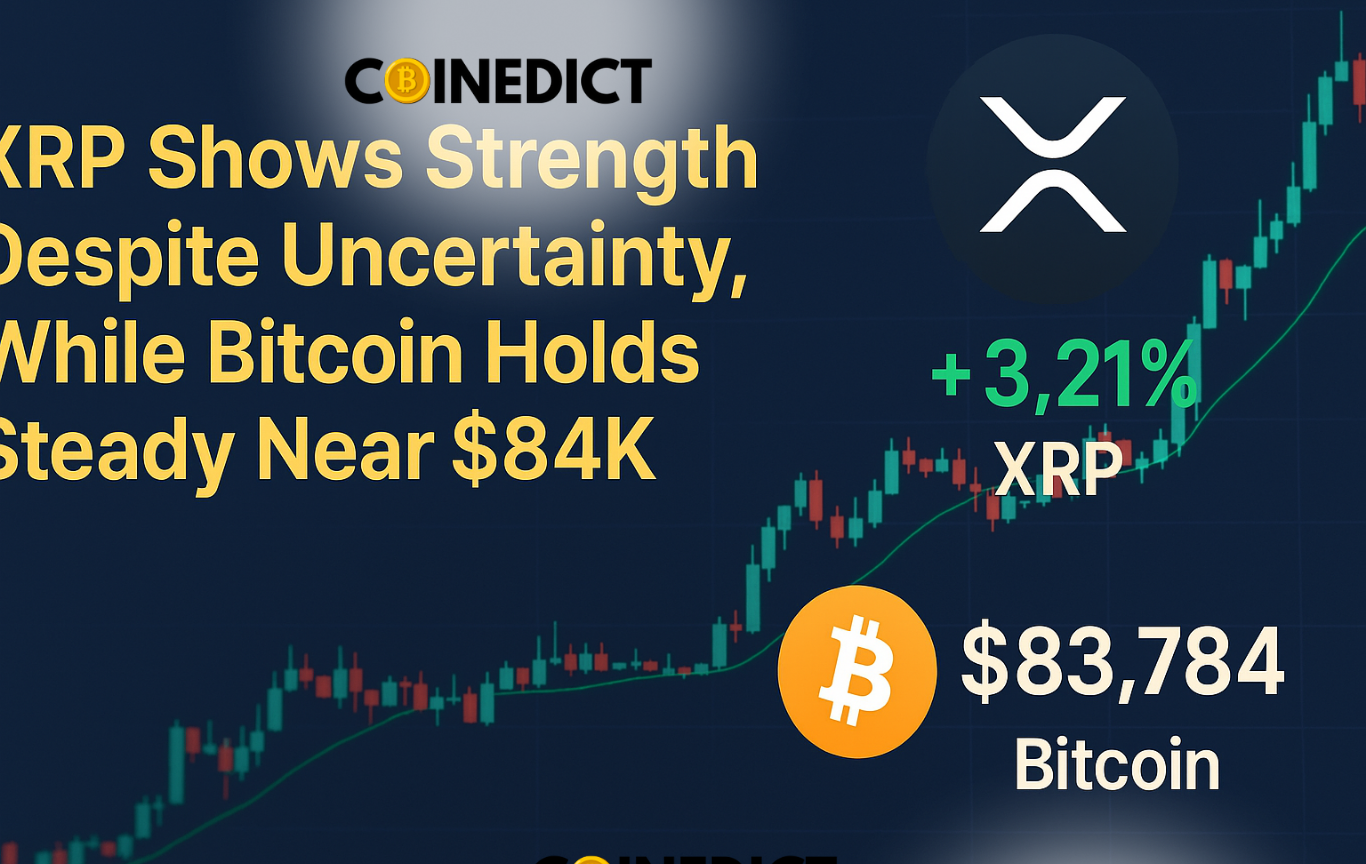Itaú Unibanco, Brazil’s largest bank, is exploring the possibility of launching its own stablecoin—but it’s in no rush. The bank is carefully assessing the experiences of U.S. financial institutions and waiting for clear regulations before taking the plunge.
Stablecoins on Itaú’s Radar
With over 55 million customers, Itaú Unibanco is well aware of blockchain’s potential to streamline transactions. Guto Antunes, the bank’s Head of Digital Assets, recently shared that stablecoins have been a topic of discussion for some time.
“Stablecoins have always been on our radar. We can’t ignore blockchain’s ability to settle transactions instantly,” Antunes stated during a recent bank event.
The shift in the U.S. government’s stance on stablecoins has also caught Itaú’s attention, particularly since stablecoins are being recognized as tools for strengthening the U.S. dollar’s dominance.
Could Itaú Launch a Brazilian Real-Pegged Stablecoin?
The bank is open to the idea of introducing a stablecoin pegged to the Brazilian real, but no final decision has been made yet. Itaú is carefully evaluating whether such a move would be practical and beneficial for its customers.
For now, the bank is watching and learning, observing how other financial institutions handle stablecoin projects before making its move.
Regulatory Hurdles & the Self-Custody Debate
One key challenge is regulation. Brazil is still working on a stablecoin framework, and a recent draft proposal suggests banning self-custody—a controversial idea in the crypto space.
Antunes believes a middle-ground approach might be the solution. He suggested that instead of an outright ban, Brazil’s central bank could approve a list of verified self-custody wallets to ensure security while allowing users to maintain control of their funds.
What’s Next?
While Itaú remains cautious, its interest in stablecoins is clear. Whether it launches its own digital asset will depend on regulatory clarity and market demand. For now, the bank continues to explore the future of blockchain-powered finance in Brazil.











